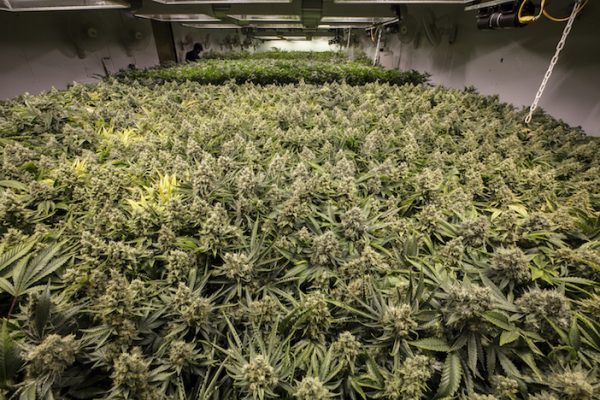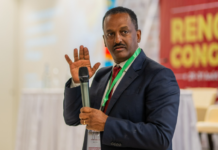The African medical cannabis and industrial hemp industries have seen significant growth and development over the course of 2021 and 2022, the latest African Cannabis Market Update has said.
According to the update released by Prohibition Partners, countries such as South Africa, Lesotho, Zimbabwe, Uganda and Malawi have seen an increase in license issuance, exports and investments in the industry.
“South Africa has been the headline driver of growth in Africa, with President Cyril Ramaphosa again highlighting cannabis and hemp as being priority growth sectors for the South African economy at his State of the Nation address in February 2022, stating his goal of creating over 130 000 sustainable cannabis and industrial hemp jobs in South Africa,” the reported notes.
“Other countries such as Zimbabwe and Malawi have shifted gear, with more proactive steps being taken to drive economic growth in the cannabis and industrial hemp industries, mainly focusing on industrial hemp to replace declining tobacco exports.
“Although momentum has been encouraging, the pace of progress in Africa has been notably slower than in other legal jurisdictions, potentially jeopardising an opportunity for Africa to establish a leading and sustainable position in the industry.
“Africa benefits from a favourable growing climate, competitive cultivation input costs and a rich history of traditional cannabis growing communities similar to those in South America.”
The update said medical cannabis and industrial hemp continued to be key focal industries for revived growth.
“This is also true of many nations outside of Africa, some of whom will be competing with African countries for a market share of import markets like; Germany, Australia and Israel. In 2021, 17 countries exported to Germany and over the past few years around 11 markets have successfully made shipments to Israel.
“South Africa, Lesotho and Uganda are amongst these exporters, and they are competing with regions such as Colombia, Uruguay and Mediterranean countries who are also offering low-cost medical cannabis.
The cannabis update added; “This highlights the need for considered market entry strategies, public private partnerships, accommodative legislation and brand differentiation from African operators, in order to compete.
“Southern Africa continues to be the centre of cannabis and industrial hemp activity in Africa, with Lesotho, Zimbabwe and South Africa being the major hubs of industry development on the continent. Due to South Africa having a mature over-the-counter cannabidiol (CBD) market since 2019, South Africa is the largest domestic market in Africa by value.
“Unlike other legal cannabis jurisdictions, Africa has very few registered medical cannabis patients. South Africa is the largest patient market, estimated to have less than 1,000 registered patients. Other African countries that have legalised the domestic use of cannabis for medicinal purposes include Zimbabwe and Rwanda.”
However, the said there was need for further work to be done to finalise domestic frameworks for medical cannabis patients for these countries to begin actively prescribing cannabis.
Most African countries such as; Zambia, Malawi, Lesotho, Uganda, Ghana and Morocco have legalised medical cannabis for exports only, limiting the potential of the sector to support domestic healthcare needs and commercial opportunities for domestic producers.
The African cannabis industry is still growing compared to other geographies in North America, South America, Europe, Israel and Australia.
Africa has 11 countries that have legalised medical cannabis in some form, mainly for export only. These include; Lesotho, Eswatini, Zimbabwe, South Africa, Zambia, Malawi, Uganda, Ghana, Morocco, the Democratic Republic of Congo and Rwanda.
“There are other African countries that haven’t formally legalised cannabis, but they do allow for commercial activity in limited form, such as Eswatini. Africa’s cannabis industry is driven by exports to international legal markets, with very limited local activity outside of South Africa at present,” the update added.
The industrial hemp sector in Africa is still in its infancy, with limited traction from Malawi, Zimbabwe and South Africa to date. Africa’s slow progress in developing its industrial hemp capabilities is a missed opportunity for job creation, rural development and sustainability solutions.
Over the next five years, it is likely that a market for decriminalized cannabis will grow in South Africa, with a need for supplies such as grow equipment and seeds for cultivation in homes and at social clubs. This could also develop into a more fully commercialised legal system if legislation continues to progress in the country.









